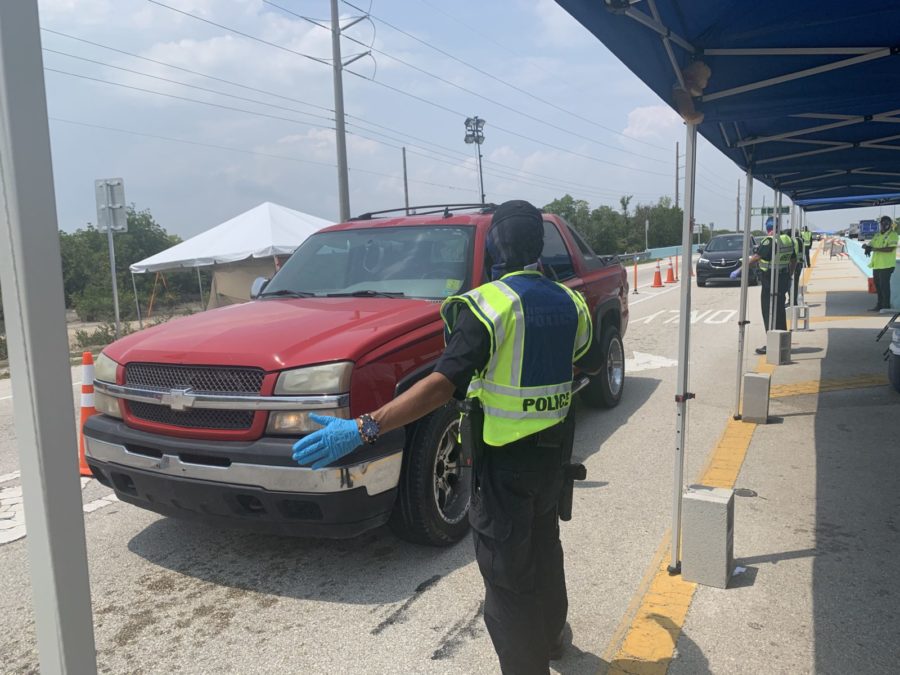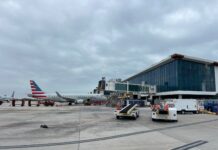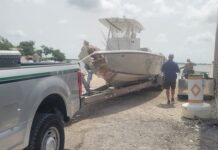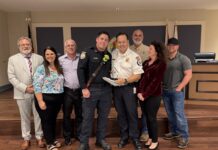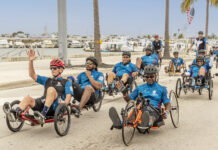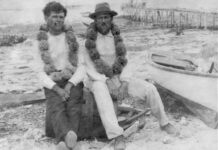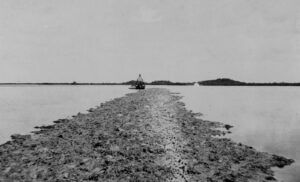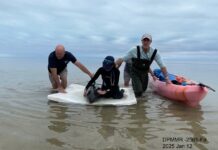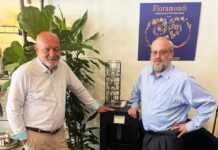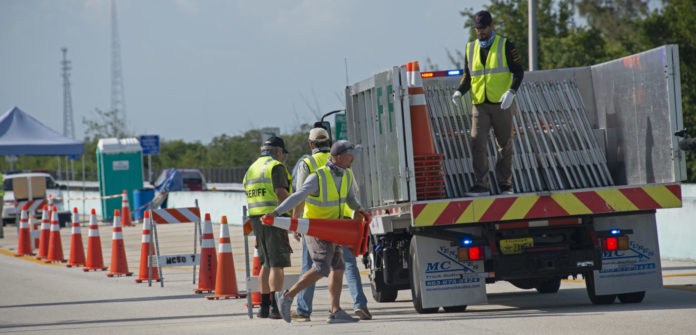
Two checkpoints that kept nonresidents out of the Florida Keys to mitigate coronavirus spread ceased on June 1. While the islands are back open to visitors, the threat of the virus hasn’t faded away just yet.
In all, 19,982 vehicles were turned away from the time the checkpoint began on March 27 to when the post ended. Monroe County Sheriff Rick Ramsay said the office has operated a number of checkpoints over the years, but none to this magnitude when looking at the number of posts, length of operation and manpower involved.
“The checkpoint was needed. It completed its mission and did what it was supposed to do,” Ramsay told the Weekly. “The reality is our numbers for the most part stayed low because of that checkpoint.”
On March, 24, county officials announced a measure to implement checkpoints at MM 112.5 and on Card Sound Road in Key Largo. Some 400 cars were turned around in the first 24 hours, but it was only to last through the weekend until March 29.
It didn’t take long for the County Executive Decision Making Team to decide to keep posts in place as local concern grew over the pandemic, which brought more positive cases in the state and throughout the country. The operation took some 22 deputies to staff with no state assistance, but local municipalities provided support with their employees.
“We needed 12 officers during the day and 10 at night, so about 22 people per day were needed to man the two checkpoints,” Ramsay said. “That’s a lot of manpower for two and half months to have to pull and find those resources without adversity and affecting day-to-day law enforcement services. That made it harder. We just don’t have an extra group of guys hanging out doing nothing.
“We always appreciate the partnership we experienced throughout this pandemic at the checkpoint,” Ramsay continued. “Our cities and the county were good partners.”
Checkpoint staff kept busy checking forms of identification that were required to gain entry into the Keys. With it came the discovery of many fake stickers and placards on vehicles.
In early April, deputies discovered counterfeit Upper Keys hurricane reentry stickers on car windshields. That led to more concrete forms of identification, like a deed or tax bill, to be allowed past the checkpoint.
Ramsay, who requested the county stop issuing hurricane re-entry stickers upon the discovery, said he was shocked to see the number pulled from cars “who had nothing to do with the Keys.” Stickers for residents to re-enter following a storm are generally stuck inside the car. But Ramsay said some stickers were placed on the outside of the window.
Then came fake COVID-19 day-worker placards. And not only that, checkpoints also discovered people were making changes to their mailing addresses and driver’s license address just days before their attempt to get through.
“It was frustrating for us,” he said. “It’s hard for officers at the checkpoint to track down every person who gave us a note saying they had a job to go to. We couldn’t just call every person or send a patrol car to ensure that job existed. We were trying to use common sense, some honor system.”
Checkpoint staff dealt with many motorists from the beginning, and no positive cases of COVID-19 were seen from the deputies and municipal employees who tended to the post, Ramsay said.
